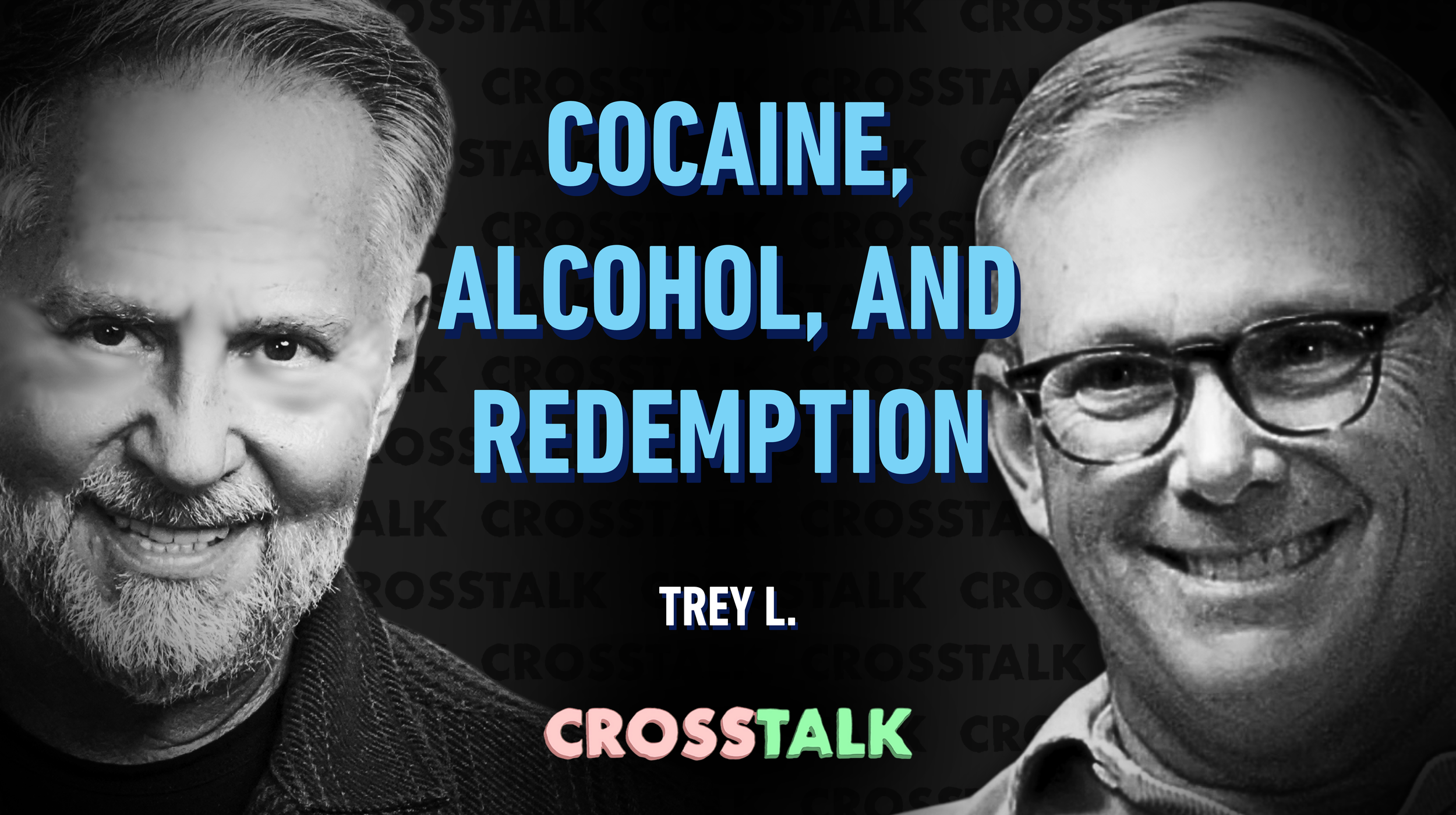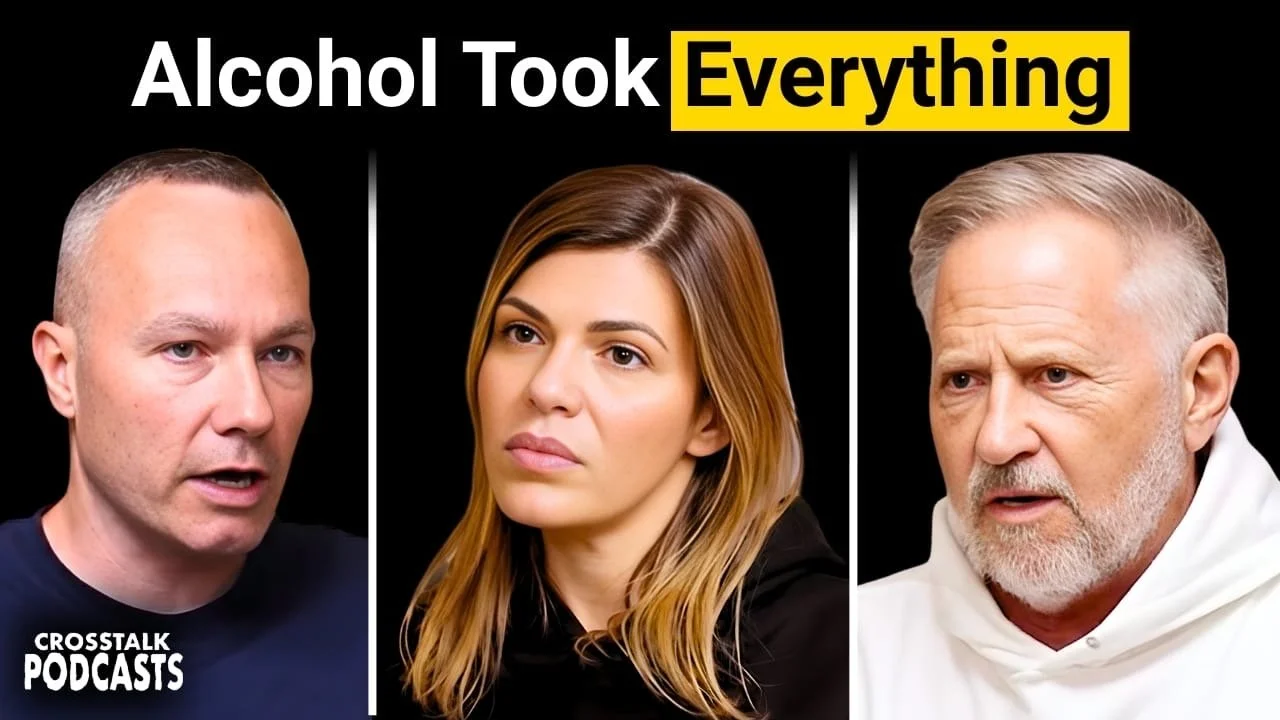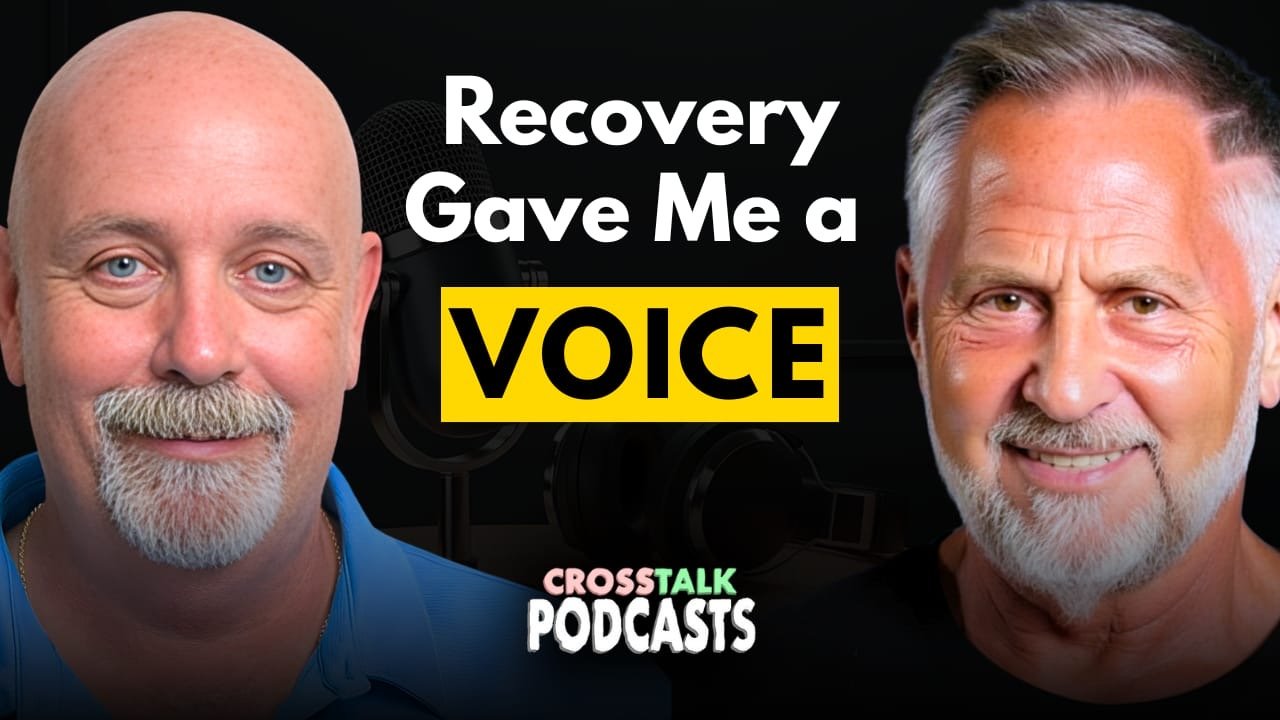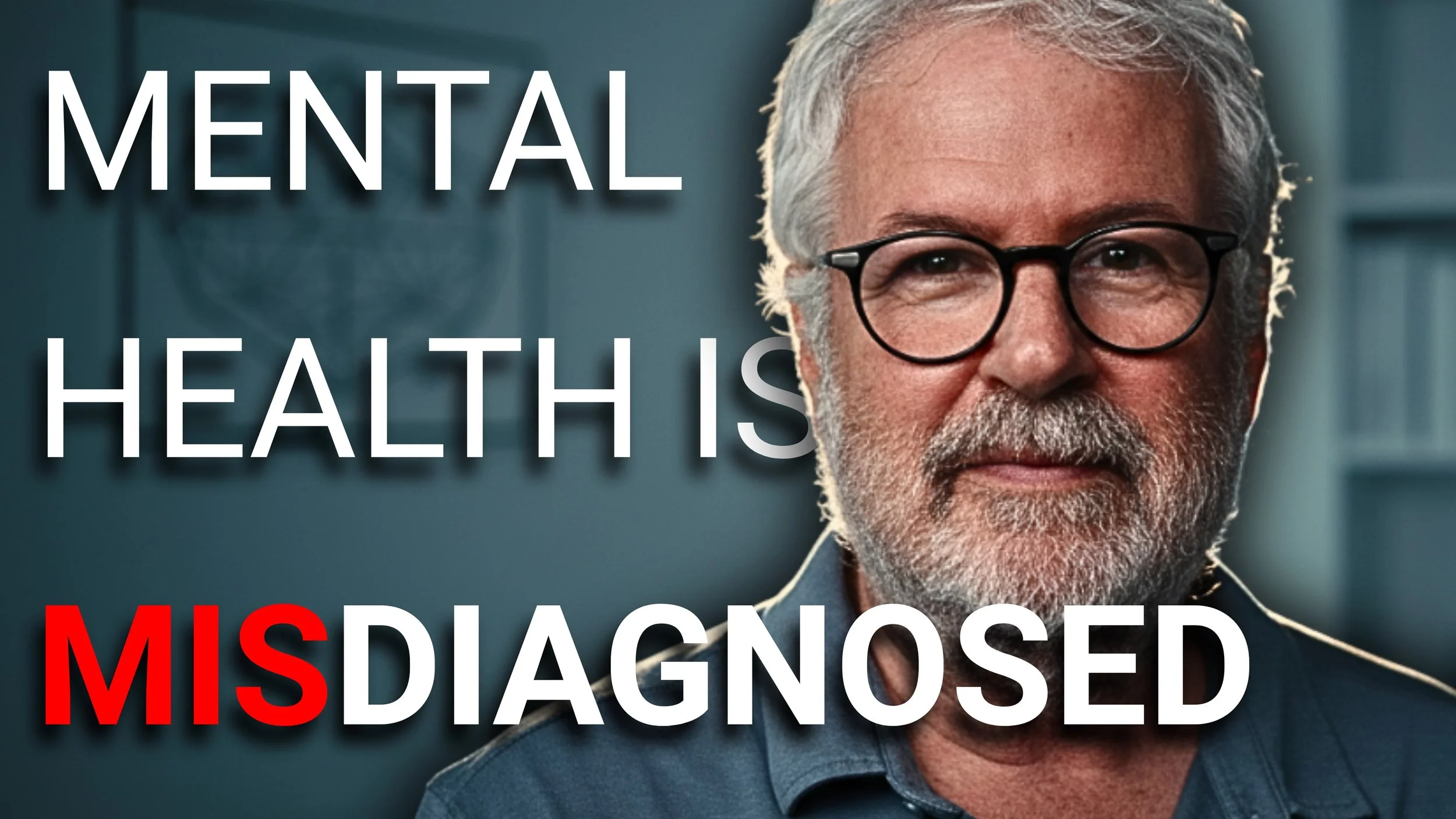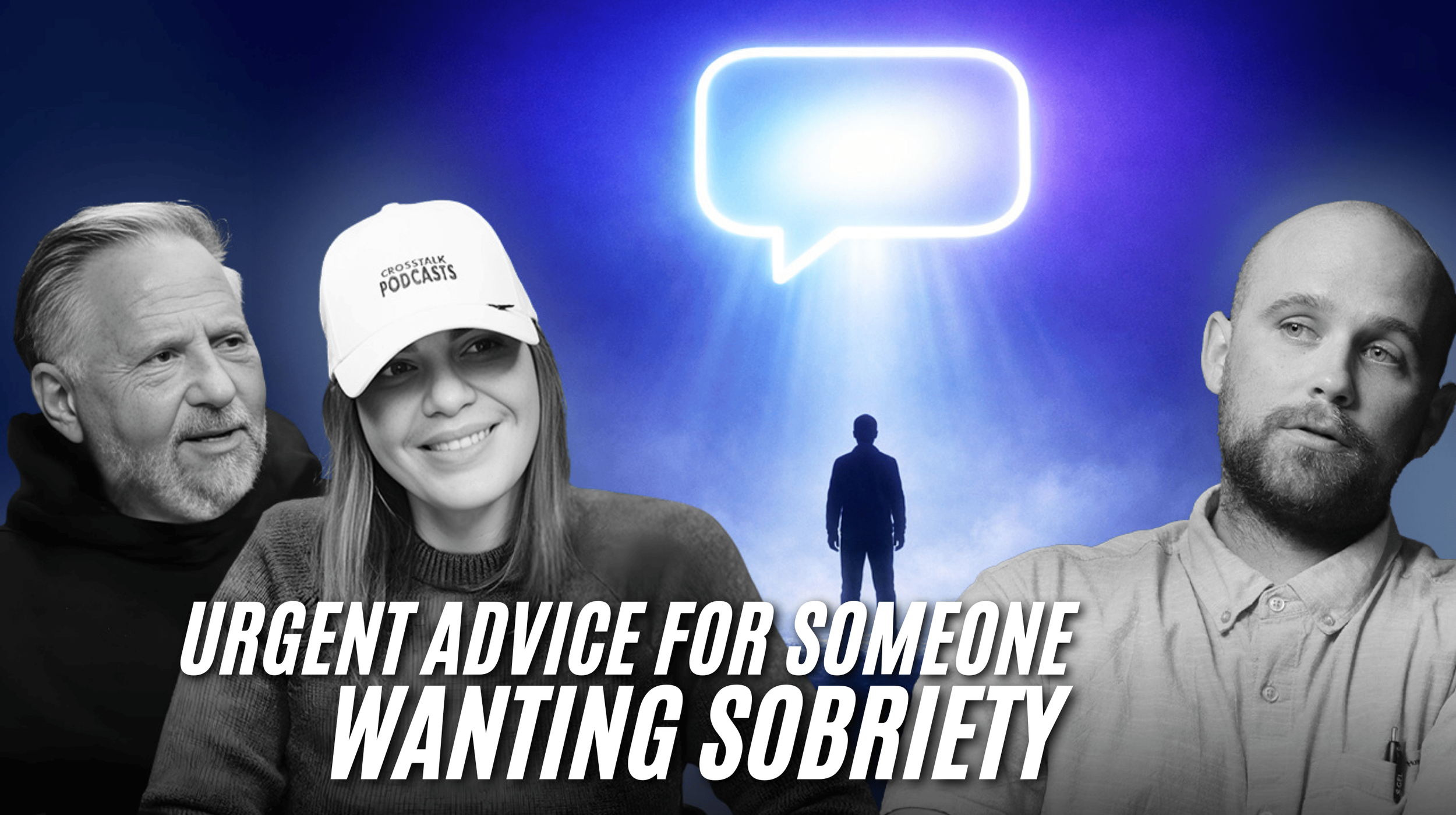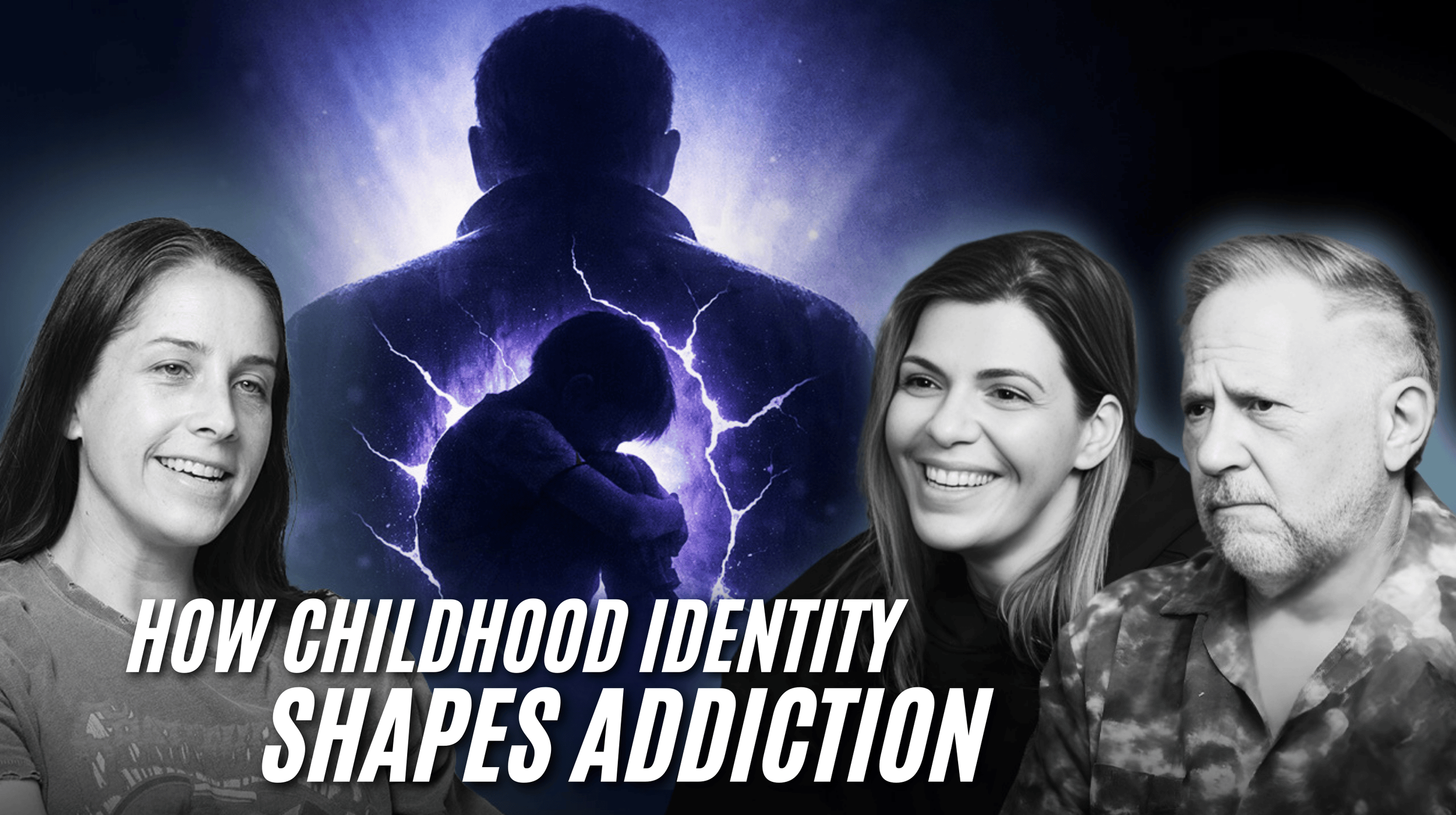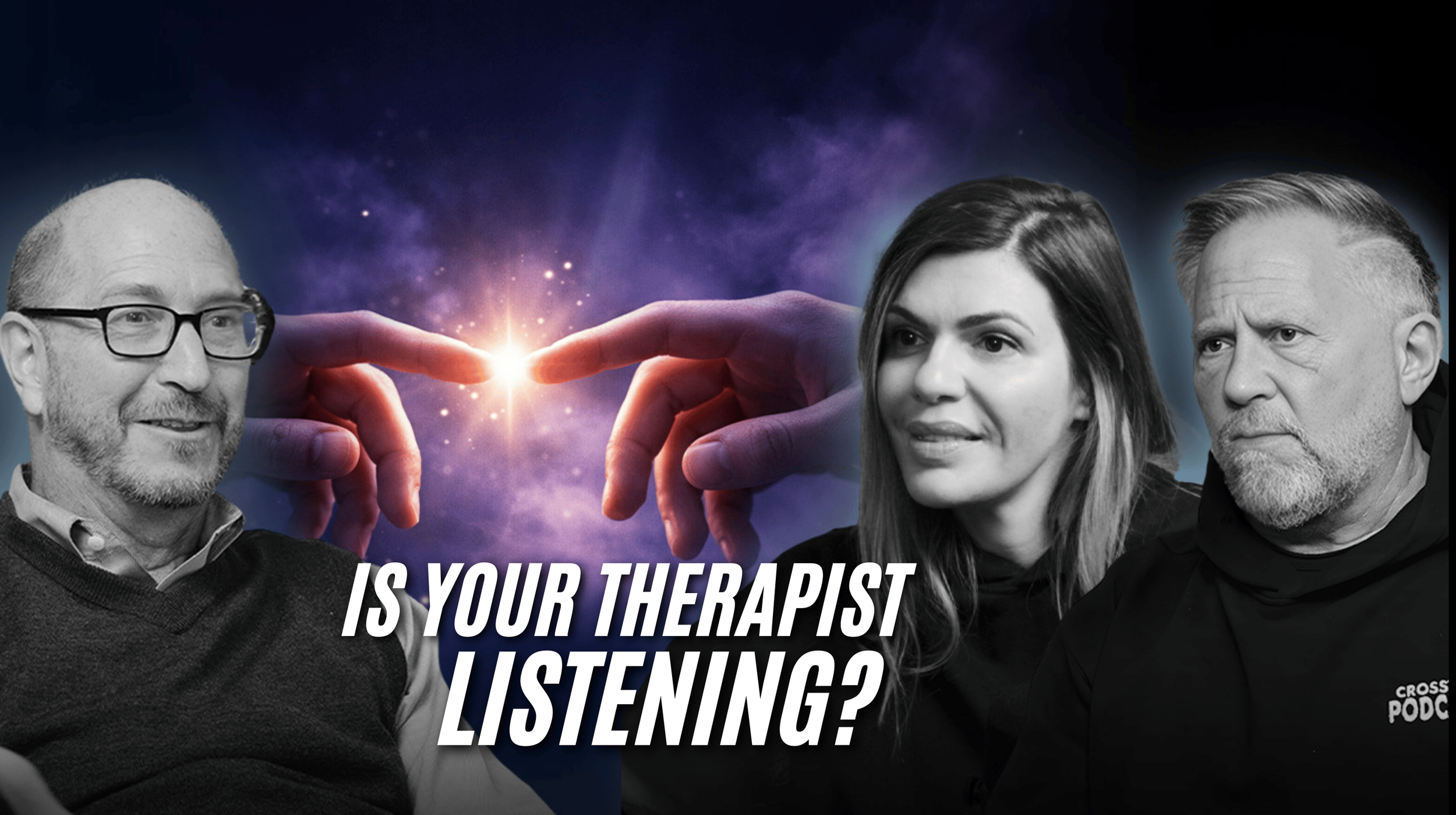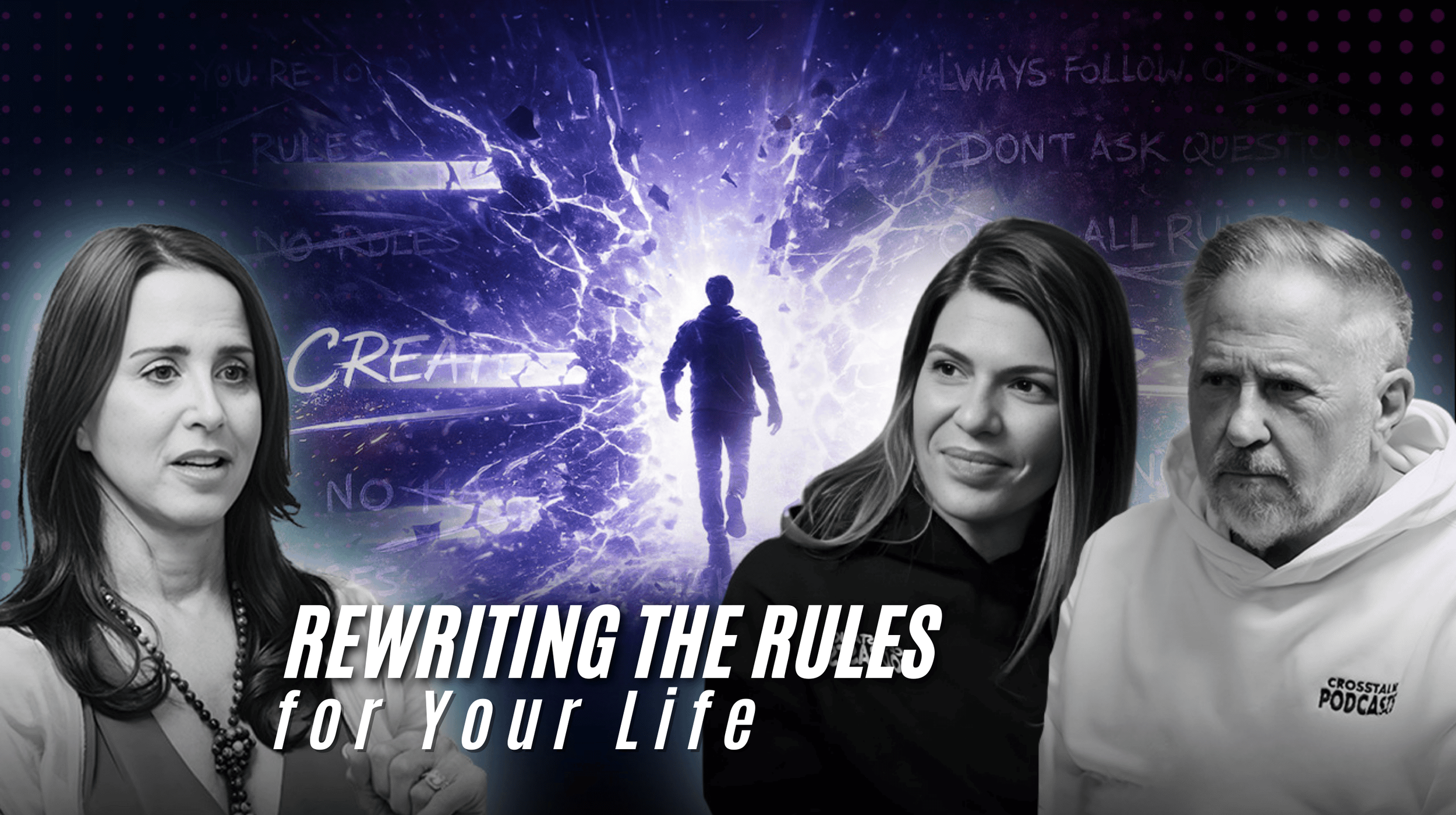From WALL STREET to ROCK BOTTOM | Overcoming OPIATE Dependency and BUILDING a SOBER Community
Listen or watch on your favorite platforms
Show Notes
In this episode, you'll hear from Trey L., a former Wall Street professional who transformed his life from addiction to recovery. Trey’s journey started with early success but quickly spiraled into dependency on opiates and alcohol, putting his career and family at risk.
After hitting rock bottom, Trey sought help through AA and rebuilt his life, focusing on mental, physical, and spiritual well-being. Today, he’s thriving and giving back to the recovery community through initiatives like The Lighthouse, a sober living environment he founded.
By the end of this episode, you’ll gain valuable insights into the power of community and the steps needed for recovery. Trey’s story is a powerful reminder that no matter how far you’ve fallen, there’s always hope. If you’re seeking inspiration and practical advice on overcoming addiction, this episode is for you.
The Hidden Struggles Behind Trey’s “Perfect” Childhood
Trey L.’s childhood was, by many standards, idyllic. Growing up in a loving household in New Canaan, Connecticut, Trey’s early years were filled with sports, friendships, and a strong sense of community. However, beneath the surface, there were subtle challenges that would later become significant. Trey’s parents divorced when he was eight, and his life became a balancing act between his mother, who moved to Sweden, and his father, who remained in the city. This period of his life, marked by frequent travel and shifting homes, cultivated a strong sense of independence in Trey. Yet, the constant change also laid the groundwork for feelings of disconnection that would later drive his curiosity toward drugs and alcohol.
The Shocking First Step Into a Dangerous World
Trey’s first encounter with substances wasn’t driven by a deep-seated desire to rebel or escape but rather by a sense of belonging. As a high school athlete and later a college fraternity brother, Trey’s initial experiences with alcohol and marijuana were social, a way to bond with his teammates and peers. However, it wasn’t until his college years that Trey’s relationship with substances began to deepen. The lack of structure after quitting sports led him to spend more time in the basement of his fraternity house, where experimentation with substances like cocaine and hallucinogens became a regular part of his life. This early exposure set the stage for what would become a more dangerous pattern of behavior.
Wall Street’s Dark Secret: Trey’s Battle with Addiction
Trey’s life took a sharp turn when he entered the high-stakes world of Wall Street. The environment, with its “work hard, play hard” ethos, was the perfect breeding ground for his growing addiction. Trey found himself increasingly reliant on alcohol and drugs to navigate the pressures of his career. His substance use escalated after a surgery in 2002 when he was introduced to opiates for the first time. Over the next six years, Trey’s dependency grew, with opiates becoming a daily necessity. This period of active addiction took a toll on his personal life, straining his marriage and distancing him from his children. Despite his outward success, Trey was internally unraveling, caught in a vicious cycle of addiction that was slowly consuming him.
The Heart-Stopping Moment That Changed Everything
The moment of clarity came to Trey one morning on a train into New York City. He had a vision of his daughter, then only eight years old, talking to her friends as a young woman, lamenting that she never really got to know her father because he had died young. This haunting image shook Trey to his core, forcing him to confront the reality of his situation. Not long after, his wife found an empty bottle of pills and confronted him, leading to a pivotal moment where she asked him to leave their home. Trey’s journey to recovery began that night as he drove to his father’s house, arriving in the early hours of the morning, broken and desperate. His father’s simple yet profound words, “Everything’s going to be okay,” marked the beginning of Trey’s path to healing.
How Trey Fought Back and Took Control of His Life
Trey’s road to recovery wasn’t easy, but it was transformative. A week after that night at his father’s house, Trey entered treatment, where he faced his addiction head-on. In treatment, Trey found himself surrounded by others who shared his struggles, and this sense of community was instrumental in his recovery. Attending his first AA meeting was a turning point, where he encountered the vulnerability and honesty that had been missing from his life. Over the following months, Trey immersed himself in the recovery community, attending meetings, building relationships, and slowly rebuilding his life. The support he found in others was crucial in maintaining his sobriety, and he began to realize that a life without drugs and alcohol was not only possible but fulfilling.
The Incredible Transformation: Trey’s New Life After Addiction
Today, Trey’s life is a testament to the power of recovery. He has rebuilt his life, finding joy and fulfillment in ways he never imagined during his years of addiction. Trey is remarried to a wonderful woman he met in AA, and together they have created a loving, supportive family. Professionally, Trey has dedicated himself to helping others through The Lighthouse, a sober living community he founded to provide a safe, nurturing environment for those in recovery. Trey’s life now is filled with purpose and joy, grounded in the principles of transparency, community, and service. His story is a beacon of hope, showing that no matter how dark the path may seem, there is always a way to the light. As Trey says, “Everything’s going to be okay.” His journey inspires others to believe that they too can achieve a healthy, balanced, and happy life in recovery.
FAQs
What are the signs that someone might be struggling with addiction?
Sudden changes in behavior, secrecy, and neglect of responsibilities can be key indicators.
How can a career contribute to or mask addiction?
High-stress jobs often lead to substance use as a coping mechanism, while professional success can make it easier to hide the problem.
Is it common for people in recovery to experience setbacks?
Yes, setbacks are common, but they can be overcome with continued support and a strong recovery plan.
How important is a support system in recovery?
A support system is crucial, providing accountability, encouragement, and understanding throughout the recovery process.
Can someone maintain a successful career after addiction?
Absolutely, many people rebuild their careers in recovery, often finding new purpose and fulfillment in their work.
Related episodes
ABOUT CROSSTALK
CROSSTALK reveals real stories of everyday people and notable figures, sharing their journeys from struggles to life-changing 'aha' moments with all kinds .


